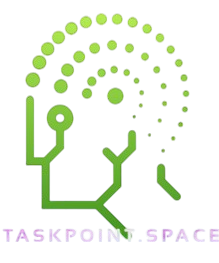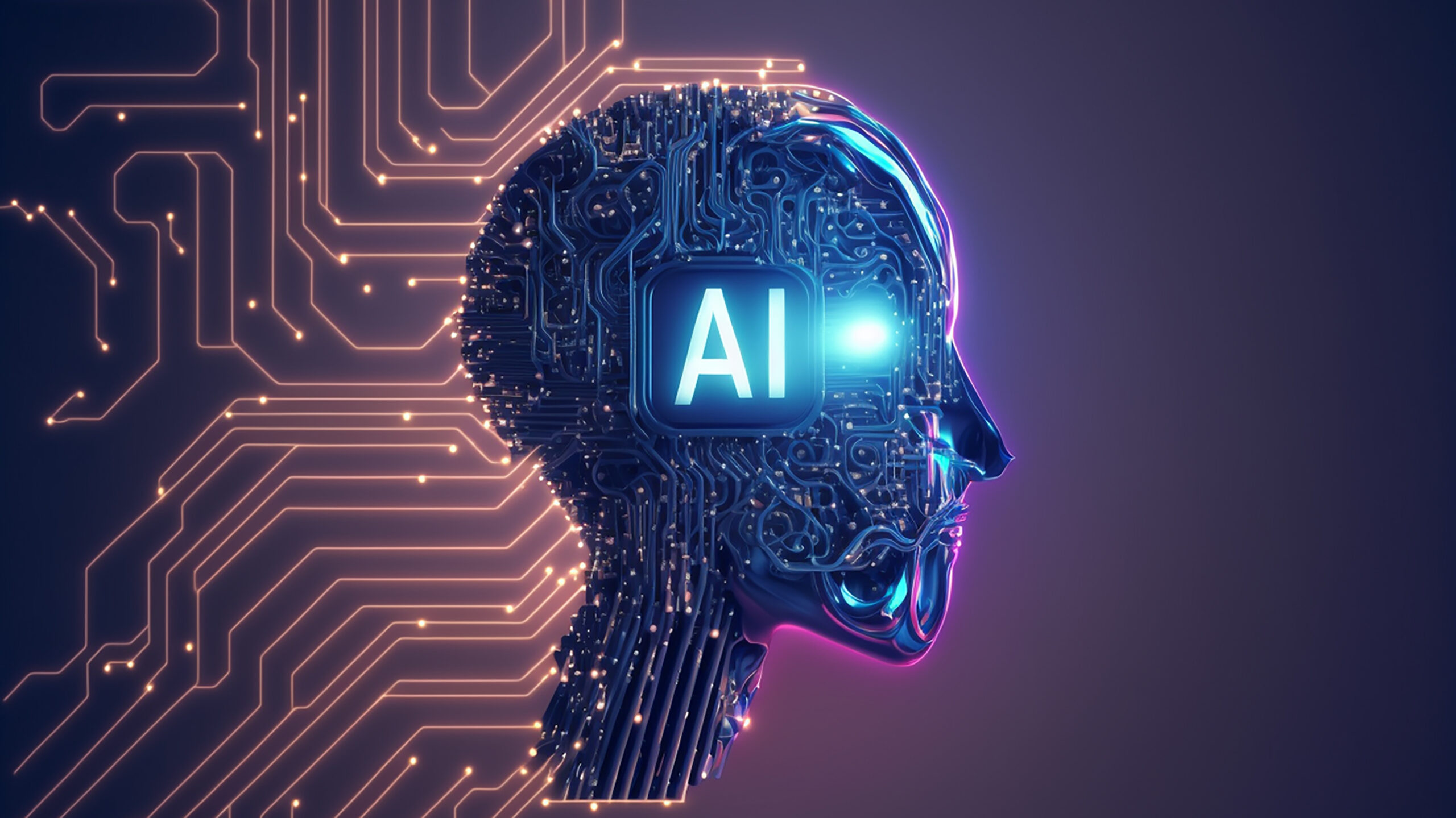Introduction to AI Applications
Artificial Intelligence (AI) applications represent a transformative shift in technology, characterized by their ability to perform tasks typically requiring human intelligence. These applications are crafted to analyze data, recognize patterns, understand natural language, and facilitate decision-making processes. In today’s technological landscape, AI is integrated across various sectors, enhancing operational efficiency, improving customer experiences, and enabling smarter decision-making.
To comprehend AI applications fully, it is important to distinguish between AI, machine learning, and deep learning. AI serves as the overarching umbrella term that encompasses any system designed to mimic human cognitive functions. Within this realm, machine learning is a subset that focuses on algorithms that allow computers to learn from data and improve over time without explicit programming. Deep learning, on the other hand, is a further subset of machine learning that employs layered neural networks to analyze data with complex structures, leading to even higher levels of abstraction and understanding.
Examples of AI applications can be found in various industries, including healthcare, finance, and retail. In healthcare, AI facilitates diagnostic processes by analyzing medical images with high accuracy. In the finance sector, AI applications are employed for fraud detection, enabling quicker resolution of financial discrepancies. Retailers leverage AI tools to enhance customer service through chatbots and personalized recommendations, thereby improving overall user experience. These applications are not merely theoretical; they are active tools that are already reshaping productivity and operational capabilities. As we delve deeper into specific AI tools, it becomes evident that the futuristic capabilities of these applications are already unfolding in the present day.
Current AI Tools Transforming Industries
Artificial Intelligence (AI) has swiftly emerged as a pivotal technology, transforming various sectors by streamlining operations, improving efficiencies, and enhancing user experiences. In healthcare, AI applications like IBM Watson Health exemplify how data analytics can assist in diagnosing illnesses and suggesting treatment plans, thereby improving patient outcomes. The use of machine learning models in imaging technologies is helping radiologists detect anomalies in medical images with greater accuracy and speed.
In the finance sector, AI tools are revolutionizing risk management and customer service. For instance, companies like ZestFinance employ AI-driven algorithms to assess credit risk using alternative data points, making lending practices more inclusive. Additionally, robo-advisors such as Betterment use AI to offer personalized financial advice and portfolio management at scale, helping users optimize their investments based on real-time market data.
The education industry has also seen significant advancements through AI technologies. Platforms like Duolingo utilize AI to tailor language learning experiences based on user progress, thus enhancing the learning curve. Likewise, AI-powered tutoring systems like Carnegie Learning provide personalized assistance in mathematics, enabling students to grasp complex concepts at their own pace, thereby promoting deeper understanding.
In the realm of entertainment, AI applications are rapidly transforming content creation and consumption. Netflix employs sophisticated recommendation algorithms that analyze user preferences to suggest movies and shows, resulting in a customized viewing experience. Moreover, AI tools such as OpenAI’s GPT-3 are being used to generate scripts and assist writers in creating engaging narratives, showcasing AI’s potential to enhance creativity.
These examples illustrate that AI tools are not just theoretical concepts but are actively shaping industries. They address real-world challenges, enabling organizations to innovate and deliver superior services. As these technologies continue to evolve, they will further streamline operations and enhance user experiences across various sectors.
Future Developments and Trends in AI Applications
The landscape of artificial intelligence (AI) applications is rapidly evolving, with significant advancements expected in the coming years. As more industries adopt AI technologies, the convergence of various technologies, including machine learning, natural language processing, and computer vision, plays a crucial role in shaping future developments. One prominent trend is the enhancement of natural language processing (NLP), which aims to improve AI’s understanding and generation of human language. This advancement will lead to more sophisticated conversational agents and customer service bots, enabling businesses to engage with customers in a more meaningful way.
Another area ripe for exploration is computer vision, which is already transforming industries such as healthcare, automotive, and retail. The anticipated breakthroughs in this domain will include improved image recognition and analysis capabilities, allowing for more accurate diagnostics in medical imaging and enhanced safety features in autonomous vehicles. As AI continues to advance, we can expect tools that not only recognize objects but also understand the context in which they exist, paving the way for more intelligent applications.
Furthermore, personalized AI solutions are set to gain traction, allowing businesses to tailor their services to individual user preferences. As data collection and analysis techniques refine, businesses will be able to deliver highly customized experiences, enhancing customer satisfaction and loyalty. Insights from industry experts suggest that as consumer expectations evolve, the demand for more personalized interactions will drive the innovation of AI tools.
Additionally, collaboration across sectors, including academia and industry, will help accelerate AI research. This collaborative environment fosters innovation and enhances the capability of AI applications to address complex challenges. By staying attuned to emerging trends and technologies, organizations can better position themselves to harness the power of AI, ultimately transforming both business practices and everyday life. As we look ahead, the potential for AI applications to revolutionize various sectors is immense.
Challenges and Considerations in AI Adoption
The adoption of AI applications presents numerous challenges that organizations and individuals must navigate to ensure beneficial outcomes. One of the primary concerns revolves around ethical implications. As AI systems increasingly influence decision-making processes, the potential for biased outcomes arises, particularly if training data is flawed or non-representative. Consequently, organizations must prioritize fairness in AI development to avoid perpetuating existing biases and discrimination.
Data privacy is another critical consideration. Many AI applications rely on vast amounts of personal data to deliver tailored experiences. This reliance raises questions surrounding user consent and data protection regulations, such as GDPR. Therefore, businesses must implement robust data management protocols to safeguard user information, foster trust, and comply with legal requirements.
Transparency is paramount in AI decision-making processes. Stakeholders are becoming increasingly aware of the need to understand how AI tools arrive at specific conclusions or recommendations. Organizations should strive to demystify AI algorithms, providing insights into their functionalities and the rationale behind their outputs. Such transparency can facilitate more informed decision-making for users, thereby enhancing the acceptance and credibility of AI technologies.
User training is essential for successful AI integration. Employees must be equipped with the necessary skills to utilize AI applications effectively. Organizations should invest in training programs that not only familiarize users with the specific tools but also instill an understanding of AI’s potential and limitations. This approach helps to mitigate resistance to new technologies and ensures that employees feel empowered to leverage AI benefits.
In conclusion, while AI applications present significant opportunities for innovation and efficiency, businesses must acknowledge and address the associated challenges. A strategic approach to AI adoption, focusing on ethical considerations, data privacy, transparency, and user training, can help stakeholders navigate these complexities and maximize the benefits of AI technologies.






